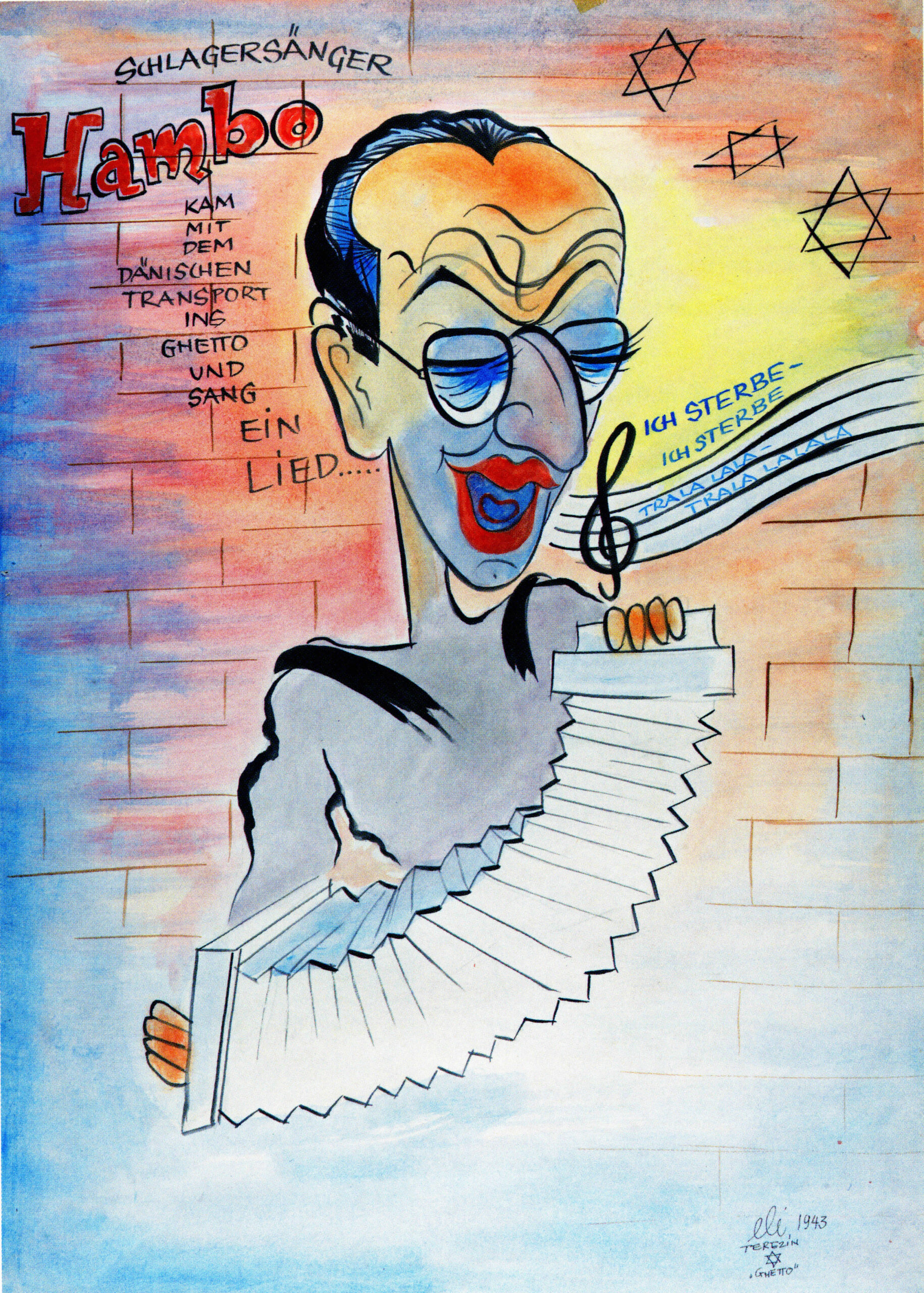The conference Holocaust, Sexuality, Stigma: Taking Stock is organized jointly by Dr Anna Hájková (University of Warwick) and Dr Birgit Bosold (Schwules Museum*).
The closed conference, ran by the Schwules Museum* and generously funded by the Kulturstiftung des Bundes, took place in Berlin December 6 to 8, 2017 at the Evangelische Bildungsstätte Schwanenwerder. The closed conference was followed by an open public debate on Friday evening in the Gorki Theater. The debate was filmed and an edited recording is available here (thanks are due to Lara Jacobi and Lucia Leyser):
The conference gathers key scholars of Holocaust and sexuality to take stock of the research situation, exploring the important trends in this field, as well as gaps. While there have been important conferences addressing sexual violence in the Holocaust, and feminist historians have been exploring gender histories and the Shoah since the 1980s, there has never been a conference that looks at the history of sexuality in the Holocaust. We deliberately look as sexuality beyond sexual violence alone, instead we include love, romance, intimacy, rational relationships and sexual barter, grey boundaries and transitions, sexual/ized violence, rape, and queer sexuality as well as same sex behavior.
Following Dagmar Herzog and others, we argue that beyond valid interest in its own right, sexuality is simultaneously a place where much of society is negotiated and where crucial norms and rules can be studied. The fundamental goal of our conference is to synthetize the results and research perspectives, to develop approaches for a larger analytical interpretation.
The central question is how do we actually talk about sexuality in the context of the Holocaust: what can, and should be researched? Which ethical, analytical, and emotional issues should we take into consideration? Far too often, historians address sexual violence or rape, instrumentalizing these as a titillating point to draw attention. We want to discuss how to write about sexuality without salaciousness, not reducing the protagonists to objects.
In particular, we are interested in the notion of stigma and taboo: it is commonplace that bringing up history of sexuality makes people uncomfortable. This stigmatization is one of the reasons that such a conference takes places, for the first time, as late as 2017. But what is it exactly about sexuality that is stigmatized? Which topics are particularly stigmatized? The anthropologist Christine Helliwell demonstrated that the brutality of sexual violence is constructed discursively and suggested feminists reflect on what we perceive as “horrible” and “shameful.” This conference strives to examine these topics while deliberately taking the “upset,” the scandal out of them.
Another crucial aspect will be the inclusion of queer perspectives. How can we meaningfully write a queer history of the Holocaust? The conference sets out to critique and change heteronormative sexual power hierarchies that mark certain acts and biographies as transgressive, and to examine how stigmatization of certain sexual conducts during the Holocaust come about.
The image used is Eli Lesklý’s drawing (with the kind permission of LAMOTH) of the gay Danish-German clown and female impersonator Harry Heymann nicknamed Hambo. Hambo, who was born in Berlin in 1907, escaped to Denmark in 1934 and nine years later, was deported to the Theresienstadt ghetto. Lesklý’s wartime sketch, redrawn after the war, speaks poignantly to Hambo’s campness but also the homophobia rampant in prisoner society.
website designed on wordpress by Albane Duvillier.

